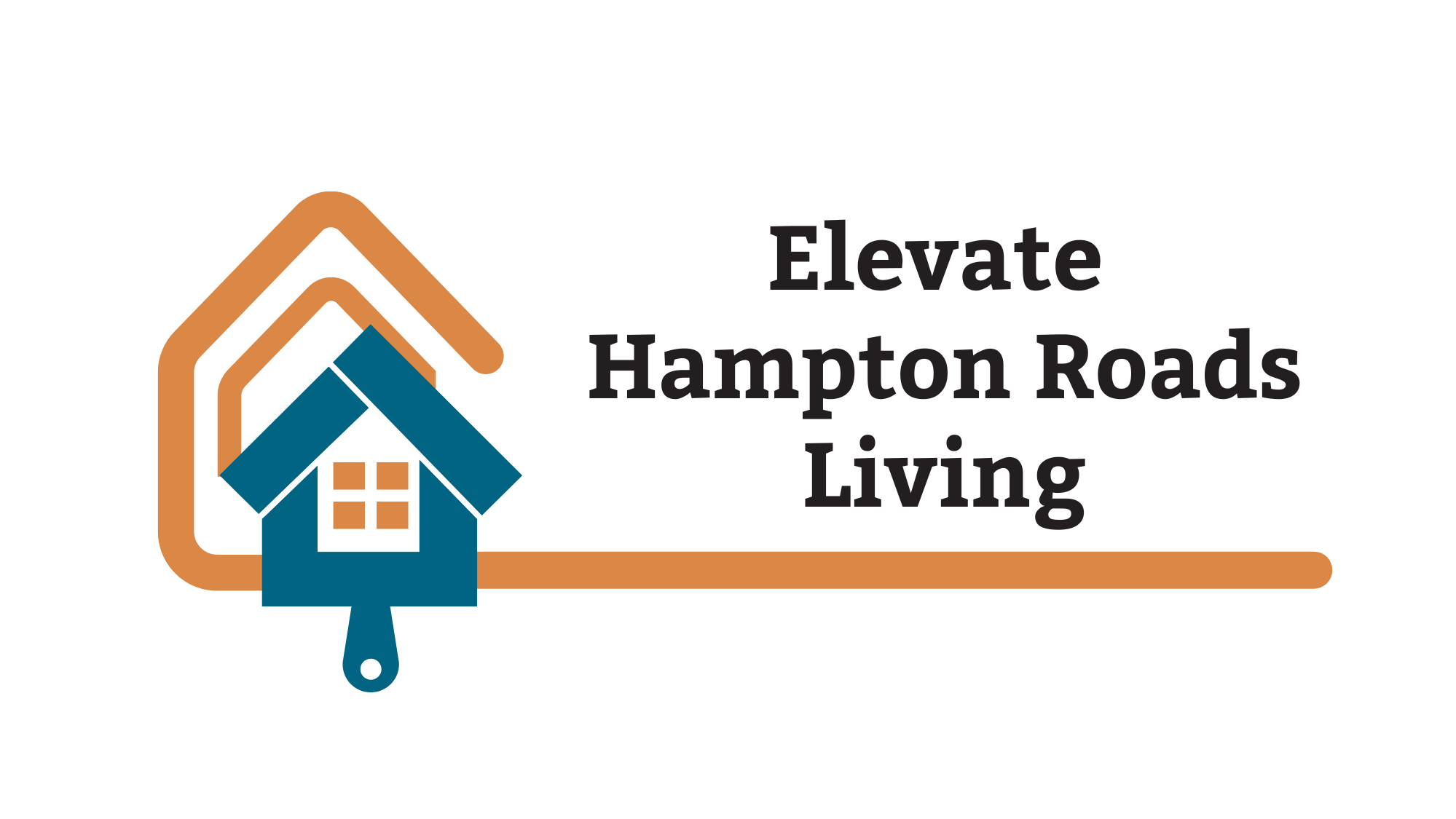
Understanding the Impacts of Trump’s Tariffs on Everyday Lives
Recently, former President Donald Trump announced a significant 30% tariff on goods imported from two of the United States’ largest trade partners, Mexico and the European Union (EU). This move, aimed at addressing trade imbalances and protecting American industries, comes with implications that reach far beyond economics. Residents of the Hampton Roads metropolitan area, which includes Norfolk, Virginia Beach, Chesapeake, and Newport News, may find themselves affected by these changes in surprising ways.
What Are Tariffs and How Do They Work?
Tariffs are taxes imposed on imported goods, increasing their cost and, ideally, encouraging consumers to buy domestically produced products instead. This policy plays a pivotal role in shaping international trade relations and can have up-to-the-minute repercussions on local economies. For instance, higher tariffs on materials and products could lead to increased prices for homeowners in the greater Hampton Roads area, influencing everything from appliances in homes to the vehicles they drive.
Local Industries and Job Security
In southeastern Virginia, industries such as manufacturing, shipping, and construction may feel the brunt of the tariff implications. Local manufacturers often rely on imported materials; however, higher costs from tariffs can lead to increased production costs. If prices rise, businesses may need to make tough decisions regarding hiring, wages, and potentially passing these costs onto consumers. The military presence in the region also means that many families depend on stable, well-paid jobs, making the impacts of tariffs especially pertinent.
Everyday Costs and Consumer Choices
The 30% tariff could have a widespread effect on prices, particularly in the retail market. Residents in Hampton Roads may notice increased prices on various goods, from electronics to clothing. This could lead to changes in consumer behavior, pushing families to be more budget-conscious. As subtle as they may seem, these shifts could ripple through the local economy, affecting retailers and consumers alike.
Strike a Balance: The Discussion Around Tariffs
While some advocate for tariffs as a necessary step to protect American jobs, others argue that they may harm consumers more than they help. The complexity of international trade raises questions: Is it worth potentially sacrificing lower prices and product variety for nationalist economic policies? Local residents may need to grapple with these discussions at dinner tables across Norfolk, Virginia Beach, and beyond as they weigh their economic perspectives.
Community Voices: Diverse Perspectives on Tariffs
As with any significant political decision, perspectives on Trump’s tariff announcement vary widely within the community. Some local business owners might see this as an opportunity to boost local production and job opportunities, while others fear the consequences of escalating prices could limit consumer spending. Engaging in conversations around the topic may illuminate various viewpoints and foster a stronger connection within the Hampton Roads community as residents learn about the implications on everyday life.
Future Considerations: What Lies Ahead?
Considering the potential long-term impacts of the new tariffs is crucial. As trade policies evolve, residents should keep an eye on how these changes may affect regional economic recovery and growth, especially after the disruptions encountered during the COVID-19 pandemic. Proactive engagement with local leaders and economic forums can provide residents with valuable insights into navigating these challenging waters.
For the residents of southeastern Virginia, awareness and understanding of the implications of such tariffs will be vital in making informed choices, whether concerning their finances or consuming habits. Stay engaged by following local news updates and participating in community discussions about economic policy and its effects on our local landscape.
 Add Row
Add Row  Add Element
Add Element 


 Add Row
Add Row  Add
Add 


Write A Comment